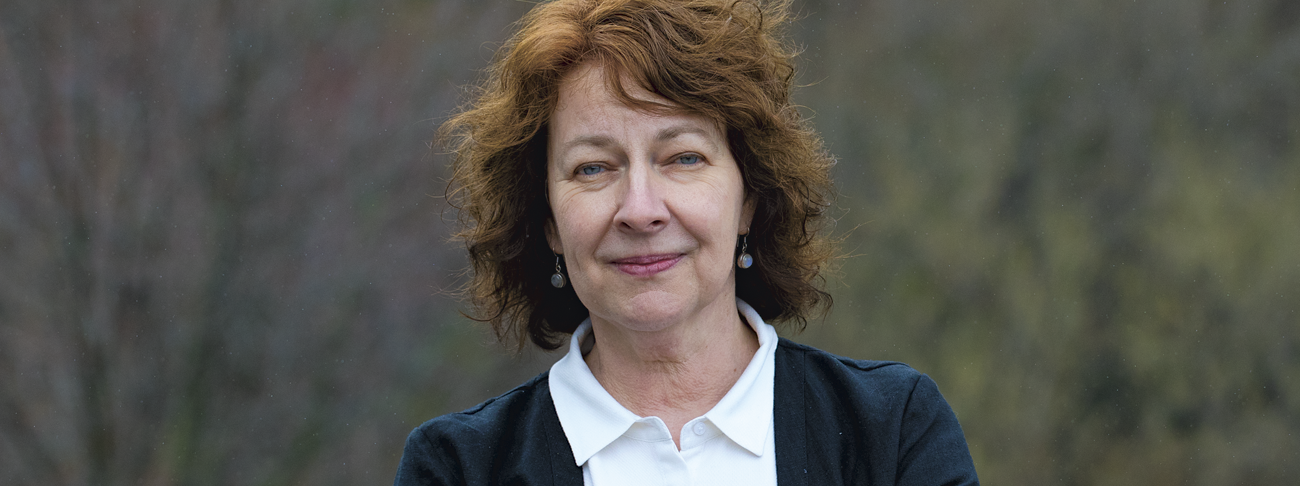
By Brenda Austin-Smith
A few weeks ago, the administration of Laurentian University filed for insolvency protection under the Companies’ Creditors Arrangement Act. It was a breath-taking betrayal of students, faculty, and staff. Faculty knew that the Board of Governors was notoriously resistant to reporting financial details. But without giving any notice to anyone, and in a shocking display of contempt for collective agreements bargained in good faith to protect the workplace rights of staff, the Laurentian Board of Governors decided to downplay its status as a public institution. Instead, the administration argued in court that it was nothing other than a business driven into the ground by circumstances it couldn’t possibly control.
Let’s make no mistake. Management by the Board of Governors and senior administration at Laurentian was outrageously bad. As documents initially filed in court revealed, the Board made terrible decisions: putting up buildings and recruiting even more administrators to join their plump ranks. The President tried to blame academic staff for the cost overruns, even as the percentage of teachers on short-term contracts with bargain-basement pay had increased at Laurentian, as it has across Canada. Part-time academic staff make up more and more of teachers in post-secondary education, and part-time teachers are not breaking the bank. Nowhere close.
The Laurentian administration should not get away with this outrage. Their attempt to shift responsibility for the shambles they created onto the staff who actually do the critical work of a university is dishonest. The wreckage they have left for others to pick up is heart breaking. But this is a moment to remember and to stress that administrations have never been the heart of a university or college. They are not the people engaged in the core mission of post-secondary education. Nor are administrations usually directly harmed by the reckless decisions they make. It is academic staff, support staff, and students who feel the first shock, who could lose their jobs, benefits, and degrees.
But the wave of potential destruction from the collapse of a university doesn’t stop at the edge of a campus. It crashes into communities, and into the lives of many. Universities and colleges are part of their towns and cities and rural areas, woven into the fabric of social, economic, and cultural life across this country. In many places the post-secondary institution is a major — or the major — employer in the area. Local businesses depend upon students as customers. Students get part time work in those same local businesses, and everyone gains when families visit to celebrate milestones like graduation. Good jobs at colleges and universities stabilize communities and help them flourish.
University research involves faculty, technical staff and students in labs and fieldwork among other things. The results of that work are shared with the world, and in turn, becomes the foundation for more research and innovation. Colleges large and small have vibrant research programs attuned to local character and need, even as the larger sector is knit together by a system of knowledge-sharing that benefits us all. Whether basic or practical, the skills taught and refined in our sector flow out of classes and labs, supporting profit and non-profit efforts and organizations alike. Many programs partner with community groups to supply learners for internships and practicums, and volunteers across a range of activities from literacy to music and art to nursing and social work. Our universities and colleges create novel programs, like the medical humanities or land-based learning, changing and shifting in response to imagination and curiosity.
Universities are also community and social centres. Campus services like libraries, bookstores, gym facilities and health clinics can serve local populations. Sports camps, public lecture series, concert, plays and art shows, are some of the cultural events made accessible through these hubs. Many of us took swimming lessons in a college pool. Our high school could use the playing fields or the theatre stage. As a kid in Grade 6, I played piano in university practice rooms made available to families. Campus is also where many of us go to cast our votes.
A university doesn’t float above the earth. It is deeply rooted in the lives and aspirations of the people who work and study there, as well as those who live in and around it. A university is a portal that connects the particular to the general, and everything from ancient knowledge to new media. It offers a first-class education in towns large and small whether you take a bus, a plane, or a walk down the hill to attend classes. It is, I think, one of the greatest institutions humans have ever created. Laurentian must be saved for staff, students, Sudbury and for all of us.